Why we study mathematics?
Category: Literature
Date: February 2024
Views: 2.10K
You Can Read this Article in Original Arabic يمكنك قراءة هذا المقال بالعربية
Do you wonder why we study mathematics? This is the answer!
Do you think that we study mathematics to learn numbers, multiplication tables, and division? If you think this way, then you surely haven't understood yet why we study mathematics, as its purpose is broader and nobler than just numbers and fractions!
"Jeremy Kahn," a mathematics professor, was once asked this question: Why do we study mathematics? What benefit do we derive from calculus, integration, differentiation, algebra, and geometry in our later lives? Unlike his colleagues who are puzzled by these questions, Kahn didn't feel confused. Instead, he answered with logical and realistic reasons.
Mathematics teaches you to admit mistakes.
It's not just about admitting mistakes but also about moving forward to find a solution to the impossible task. For example, Mohammed and Ahmed stand before an equation written on the board. Ahmed is sure that the equation is correct, but Mohammed knows it's entirely wrong. In the next hour, opinions change; Ahmed now sees it as wrong while Mohammed insists it's correct.
This might seem like fiction, but this is what mathematicians face daily. What was true yesterday is closer to being wrong today, and vice versa. We must learn from this. If you ask a math teacher about a problem you can't solve, the answer will simply be: start again and try a different approach. And you shouldn't worry about the mistake you made because that's what helps you see the right path.
It teaches us to choose the precise and correct word.
Precision is the etiquette of mathematics. It's difficult to argue about it because every phenomenon or term has a precise and clear concept. Do you remember how teachers used to teach us every definition of geometric shapes or, for example, the Pythagorean theorem? We had no idea when or where to use them later. The goal isn't just to memorize the laws and find the numbers, but to learn to be more precise in what we say and more selective in our vocabulary to suit the circumstance or situation.
Thinking steps ahead.
Solving mathematical problems is like playing chess; every mistake or unforeseen move could lead to dire consequences. During solving algebraic assignments, how many times have you hit a dead end because you put a subtraction sign instead of an addition sign? Mistakes, no matter how simple, can ruin everything, becoming a real obstacle on your way to achieving a long-awaited dream. Mathematics teaches us to be extremely attentive, careful, and responsible in what we do.
It teaches you to be a different person.
There are many theories, rules, and assumptions that we're used to considering as true, but they're not necessarily so. This means we shouldn't blindly trust the most authoritative opinion until we verify it ourselves. Scientists call this "reasonable doubt," and it's exactly what mathematics teaches us.
It teaches you not to give up.
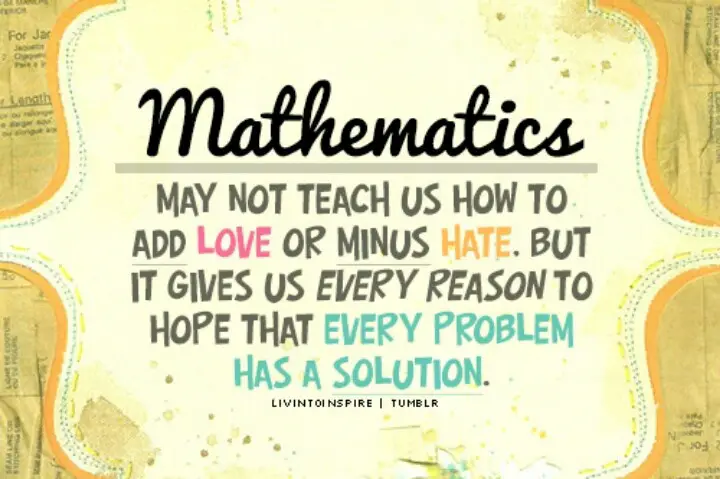
Because if you don't address the problem, someone else will, so what's stopping you from being the first?
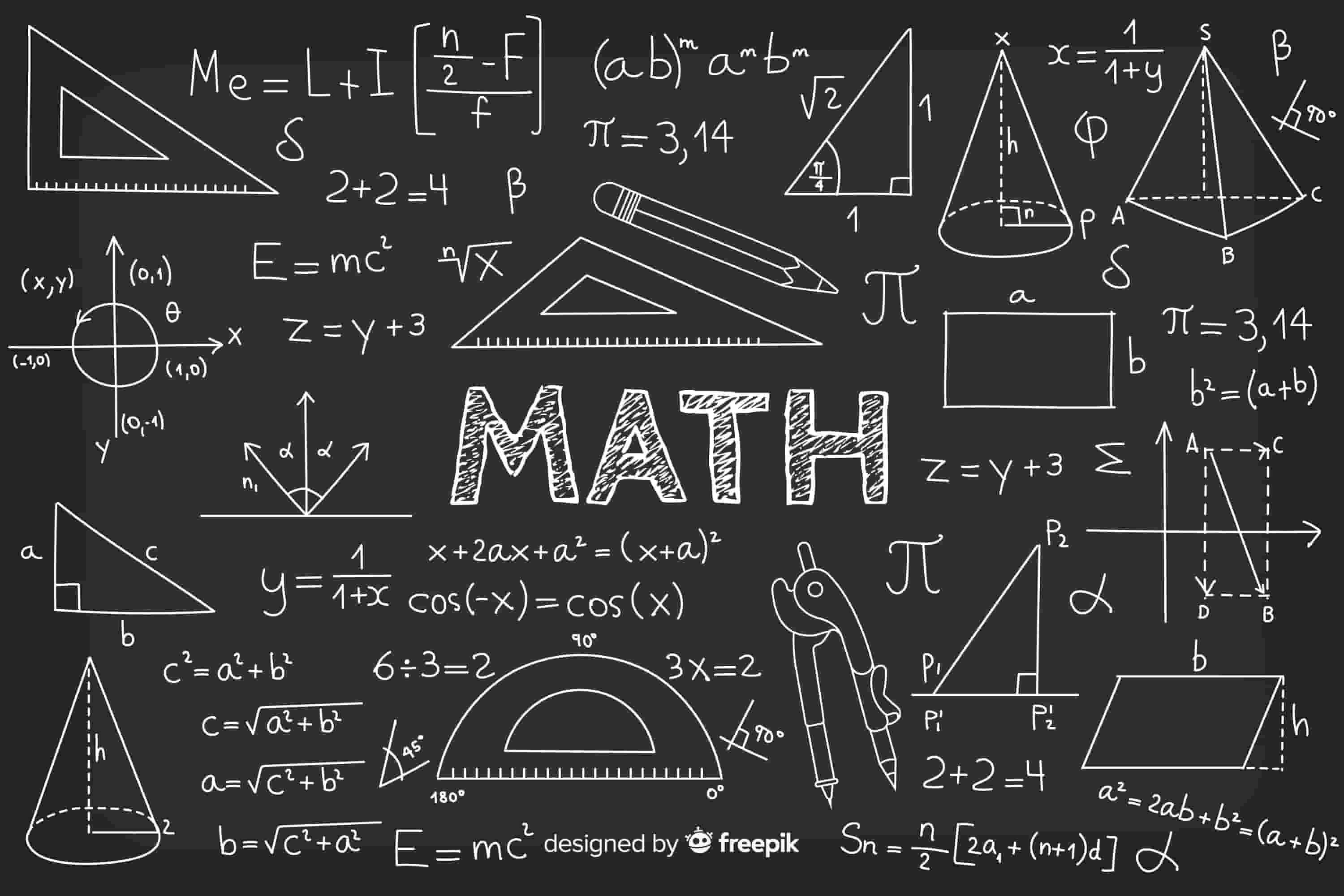
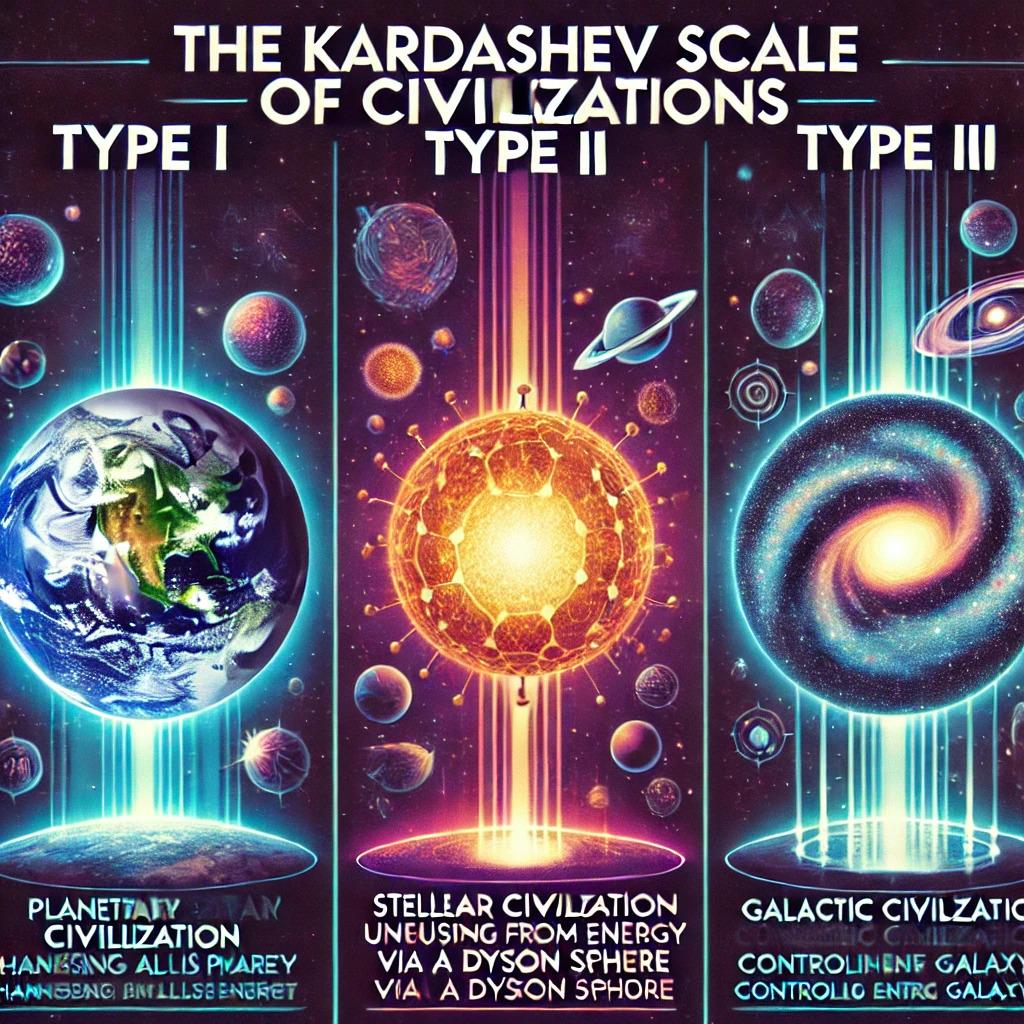
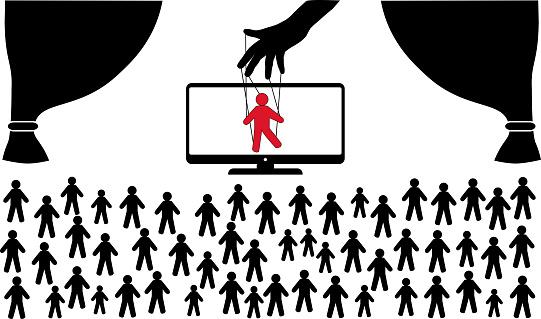












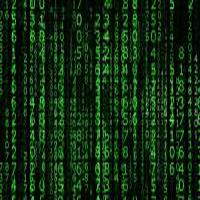



0 Comments, latest